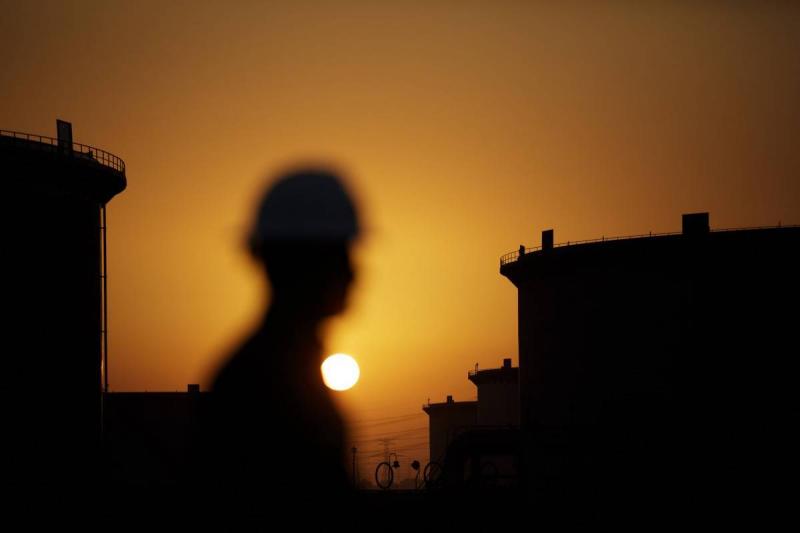Under the title "Riyadh and Abu Dhabi's Positions Explain OPEC+'s Failure to Reach an Agreement," Bloomberg Asharq reported on the differing stances of Saudi Arabia and the UAE regarding the extension of the OPEC+ agreement and increasing oil production. While Saudi Arabia agrees with other members, including Russia, to increase production by 400,000 barrels per day starting August until December and to extend the agreement until the end of next year, the UAE opposes extending the current production cut agreement beyond April 2022.
A source familiar with the Saudi negotiating position regarding the UAE's oil production increase and OPEC+ agreement extension said there is a unified rejection from all OPEC+ members of the UAE's proposal to reconsider the baseline used in the arguments for the required cuts from each country, emphasizing that the UAE's position puts the entire coalition agreement at risk. The source noted in exclusive comments to Asharq that linking Abu Dhabi's agreement to extend the deal with adjusting the reduction quotas is unrealistic, and clarified that the agreement aimed to supply the market with about 400,000 barrels daily until December, with the extension of the agreement until the end of the following year, while the UAE suggested raising its oil production by 700,000 barrels independently.
The source added that Saudi Arabia has no issue with recalculating the baseline, but doing so would harm producers and the entire agreement. When asked about the possibility of separating the decision to increase production from the extension of the agreement, the source indicated that this contradicts the procedures in place within the organization.
### Separating Options
A knowledgeable source on the UAE's stance on the negotiations within the OPEC+ alliance told Asharq that the UAE has no objection to increasing production but opposes extending the current production cut agreement beyond April 2022, particularly regarding the baseline used to calculate the required reductions from each country. According to the source's statement to Asharq, discussions lasted about 6 hours, during which the UAE confirmed its approval for increasing production but insisted that the production increase conditioned on accepting the extension of the current agreement with an unjust baseline negatively affects it; the UAE aims to separate the decisions of increasing production and extending the agreement.
The UAE shows willingness to agree to the increase in production, provided that discussions will take place later regarding adjusting the baselines upon the expiration of the current agreement in April 2022, assuming the coalition reaches consensus on extending the agreement until the end of 2022, according to the source.
According to a Bloomberg report, the confrontation between the UAE and the rest of the alliance may ultimately mean that "OPEC+" will not increase production at all, according to one delegate. Without an agreement, the current conditions calling for production to remain unchanged until April 2022 would be rolled back. This would put additional pressure on an already tight market, potentially leading to inflationary price increases.
The dramatic turn of events leaves the market in a bind—just as inflationary pressures are keeping investors locked into oil priced over $75. It also tarnishes the carefully rebuilt reputation of the oil coalition, heightening the specter of a devastating price war between Saudi Arabia and Russia like last year's. Richard Bronze, head of geopolitical affairs at Energy Aspects Ltd, told Bloomberg: “It’s hard to see either side backing down enough to get a clean result tomorrow. Talks could stretch into the end of the week, as any settlement will likely involve complex OPEC calculations.” Meanwhile, Vandana Hari, founder of Vanda Insights, stated that another internal eruption in OPEC+ akin to last April is unlikely. "They have worked hard over the past year to come significantly to an agreement at this stage. I expect a preliminary deal between Saudi Arabia and Russia, but some kind of concession may be extended to the UAE."




